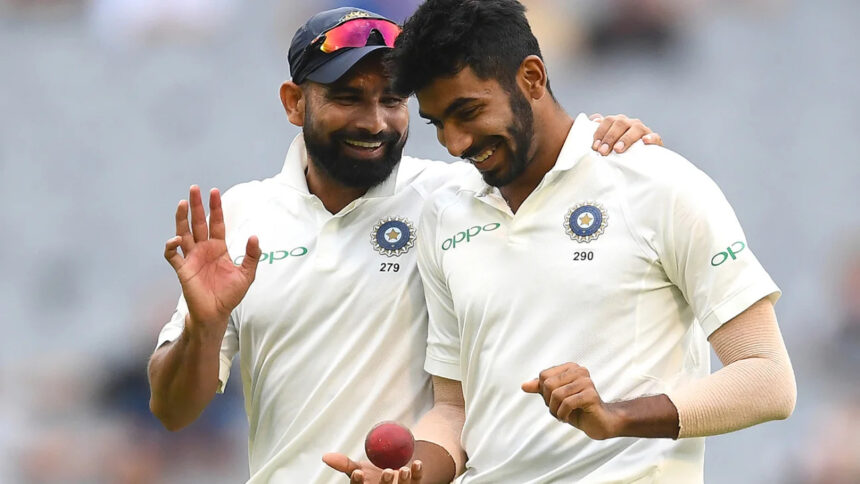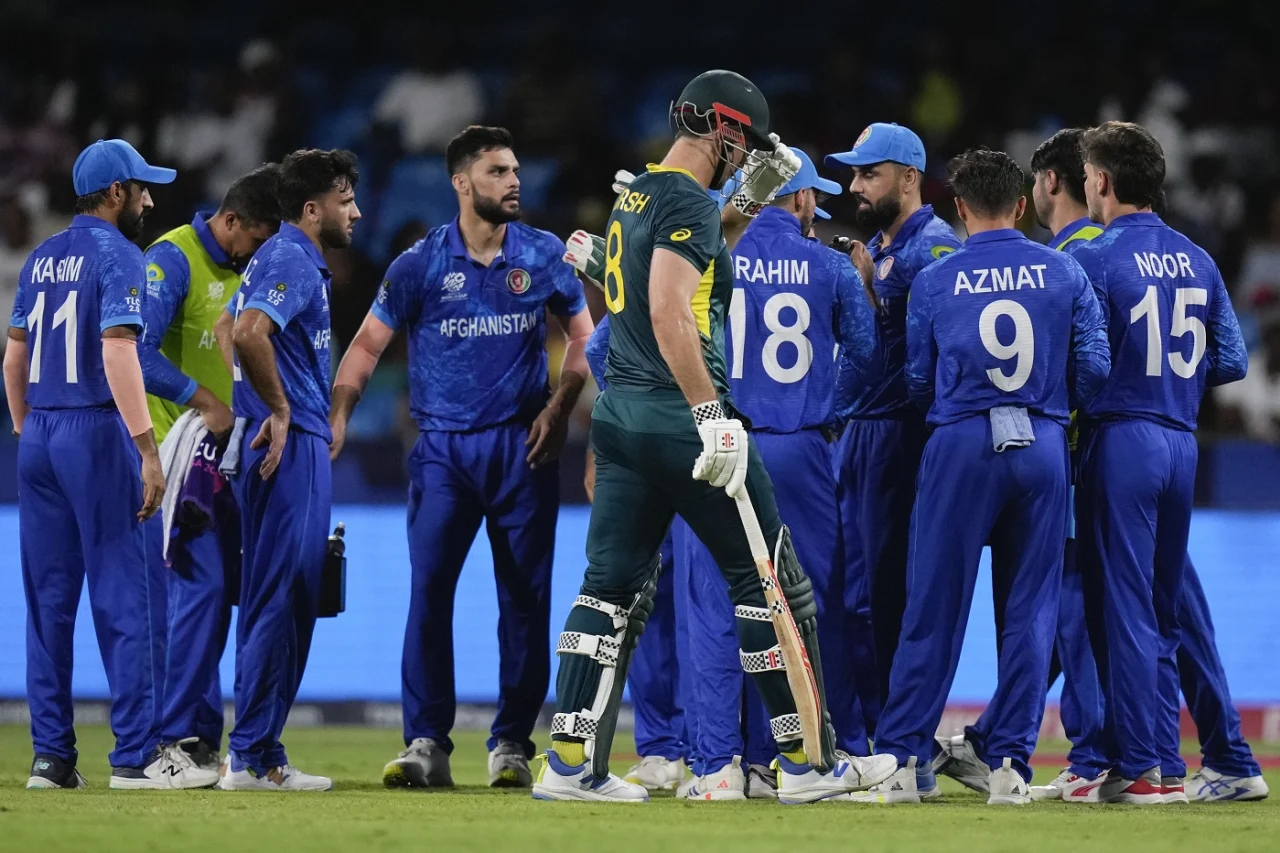Yet, in Rohit Sharma’s absence during the last Test series against Australia, it was Bumrah who led the team in both matches. Now, he’s not only been passed over for the captaincy, but also removed from the vice-captain role. Why?
The answer, in a way, lies with Bumrah himself. As one of India’s most valuable players, it’s unlikely he’ll play every Test match. To preserve his performance and longevity, the team wants to manage his workload carefully and selectively.
Chief selector Ajit Agarkar made this clear while announcing the new captain:
“Bumrah led in Australia. But he’s not available for every Test match. I think, first and foremost, we want him as a player.”
Agarkar further added:
“When you’re managing 15-16 people, that brings added pressure, which takes away from your ability. So we want Bumrah to be available purely as a bowler. Hopefully, he’ll have a great series. He’s a vital player for us, and his fitness and ability to play as a bowler are extremely important. He knows better than anyone how his body feels right now.”
Gill hasn’t captained India in Tests or ODIs yet, but he has led the team in five T20 internationals—during the mid-2024 tour of Zimbabwe. That series, held just after the T20 World Cup, saw many senior players rested. Gill currently serves as vice-captain in both white-ball formats.
Among the players from India’s last Test in Sydney, KL Rahul has prior Test captaincy experience, having led the side in three matches. However, he was seemingly not considered for the role this time.
“Rahul has captained before, but I wasn’t a selector then,” said Agarkar. “We hope he has a good series. You don’t pick a captain for just one or two series—it’s part of a long-term plan.”
India also announced its squad for the upcoming series against England today. Notably missing from the list is pace spearhead Mohammed Shami—a decision that had already been rumored. Ultimately, his exclusion came down to fitness concerns.
“Shami’s workload is still not where it needs to be. We were hoping he would be ready, but unfortunately, that’s not the case,” Agarkar explained.






